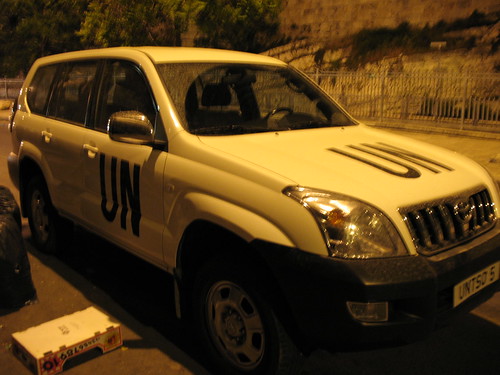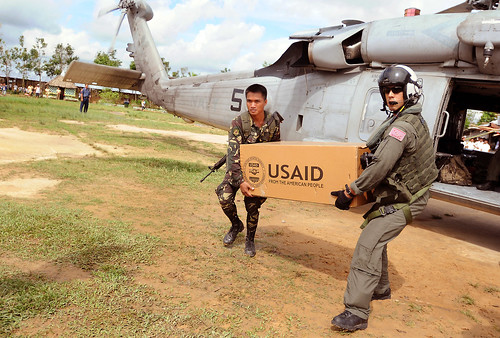
Some time ago, in a time and place I’m not going to specify, a middle-aged woman brought me a human uterus in a jar. She was a pathologist, and she’d stolen it from her place of work. It was a healthy uterus, she said, with a healthy fetus inside, that had been removed by a gynecologist under pressure from the government to keep birth rates down.
Needless to say, my project could do nothing to help her. We didn’t even know where to begin. We weren’t a human rights project, or even a reproductive health project. We didn’t have the contacts with the government to make them stop this kind of behavior. I thanked her for her honesty and passion, and gave her the contact information for Human Rights Watch.
Until today, that was the worst story anyone had ever trusted me with. I’d heard worse things in the media, of course. But that was the worst story some had asked me to help with.
What really got to me was that it wasn’t her uterus she was carrying around. (And, it turned out, she took it everywhere, for fear the government would steal it and she’d lose her evidence.) It belonged to a stranger. But this pathologist saw a systemic wrong, and she wanted to change that.
I don’t think anything has changed in that country. I think she is still carrying that uterus in her purse.
That woman is my hero. She’s more than a little bit nuts at this point. She sleeps with a human organ under her bed. She’s Don Quixote with a scalpel and a supply of formaldehyde. But she’s not complacent.
And that’s why I’d like to slap both Bill Easterly and Jeff Sachs upside the head. There are human lives at stake here. There are people suffering and dying and risking their lives to help others. And nothing the big guys are saying right now is useful to me.
I want to know how to do my work better. I want to know whether it’s useful to have the EU pull its funding from the country whose name I won’t mention or if it’s more effective to keep pushing small changes and hope they add up. I want to know if supporting democratic institutions actually leads to democracy.
The high level debates about theory and the middle-aged guys mud-wrestling about African aid do nothing for me. You are very, very smart. You know more about aid than just about anybody. Please, give me something useful.
*********
photo credit: caro’s lines
Chosen because the jar is somehow sad.


